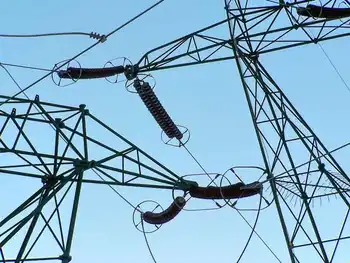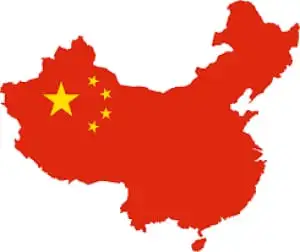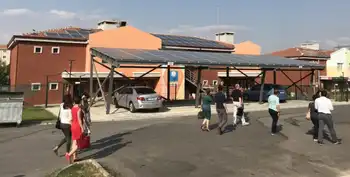New solar technology “richer than oilsands”
By CanWest News Service
Protective Relay Training - Basic
Our customized live online or in‑person group training can be delivered to your staff at your location.

- Live Online
- 12 hours Instructor-led
- Group Training Available
Researchers at the National Institute for Nanotechnology at the University of Alberta have developed a method that increases the efficiency in plastic photovoltaic cells by 30 per cent, a breakthrough they say may someday help make cheap, clean solar power available to the masses.
"I think this is kind of important to get out for Alberta," said Jillian Buriak, a Canada Research Chair in chemistry who helped lead the project. "In terms of energy, we're more than oilsands."
Buriak and the rest of the team, an interdisciplinary group that includes engineers, chemists and physicists, made their advancement by developing a compound to spread between two layers of the plastic cell. Just one billionth of a metre thick, the compound helps energy jump from one level to another on its way to becoming usable electricity.
"This is our first big result that we're really happy to talk about," said Buriak. "By simply changing one of these layers, we've had a dramatic effect on performance."
The Edmonton team is one of many trying to find a cheap replacement for the super-high-grade silicon currently used in most commercial solar panels. The silicon works at a highly efficient rate, but its price virtually rules out mass commercialization.
The alternatives, though, come with their own problems — most notably, efficiency. The Alberta researchers have been working on plastic cells, which, while cheaper to produce, just don't work as well as the silicon.
"What you're doing is generating electricity and you've got to get it out. And right now, it's not getting out very well," said Michael Brett, an engineering professor at the University of Alberta who also helped lead the project, about the plastic cells.
To help the electricity on its way, the team developed the compound, which helps the electricity jump from the cell to the electrode.
Buriak compares it to a club sandwich. The different layers of plastic that absorb the sun's energy and convert it into electricity are like the bread, the turkey and the bacon. What the team came up with for the cell is the equivalent of mayonnaise for the sandwich; something that can be spread between the layers to make everything work better — 30 per cent better, in the case of the cells.
"I don't think these (plastic) cells will ever be as efficient (as silicon), said Buriak. "But the point is cost.... By making them manufacturable, by making them cheap and inexpensive, that's where we think we can have an impact."
"We're not trying to come up with the best," added Brett. "We're trying to come up with something that works and that's cheap."
The team is still a long way away from a commercially viable product. Their next step is to find compounds that can do similar jobs between the other layers of the cell.
They also need to prove the compound can work with more advanced plastic cells. To make the research easier, they performed their work to this point on lower-efficiency products.
For Brett, though, the potential payoffs are huge.
"Take the oilsands. You've got 1.6 billion barrels there, of which 25 per cent are recoverable, or 400 million barrels of oil. All that energy is the same amount of energy as the sun puts on the earth in three hours," he said. "So three hours of sunlight on the earth is the same amount of energy as the entire oilsands recoverable supply."











